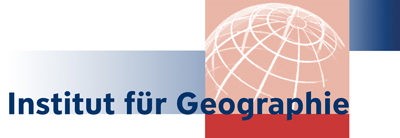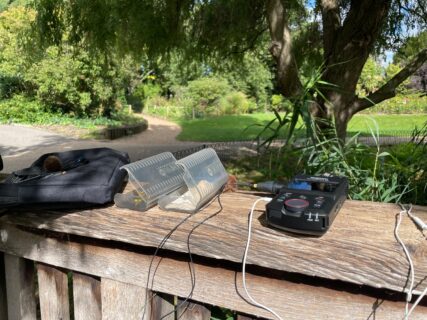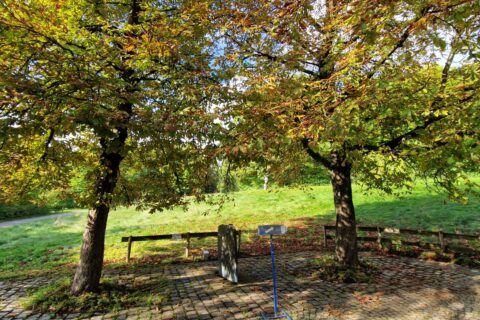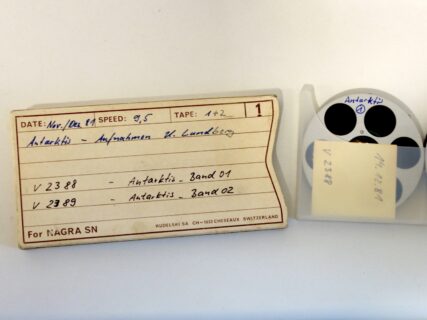Networked through Sound: Listening to 20th Century Wildlife Sound Archives
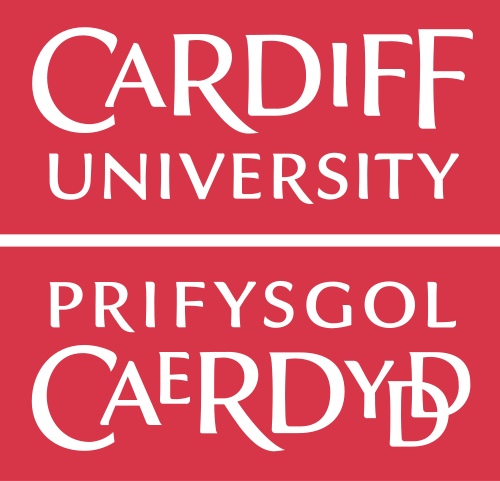
Networked through Sound: Listening to 20th Century Wildlife Sound Archives is an international collaborative research project funded jointly by the AHRC and the DFG and hosted by Cardiff University and FAU Erlangen-Nürnberg, which investigates the histories and contemporary relevance of a network of wildlife sound archives initiated in the mid 20th century in Europe and South Africa.
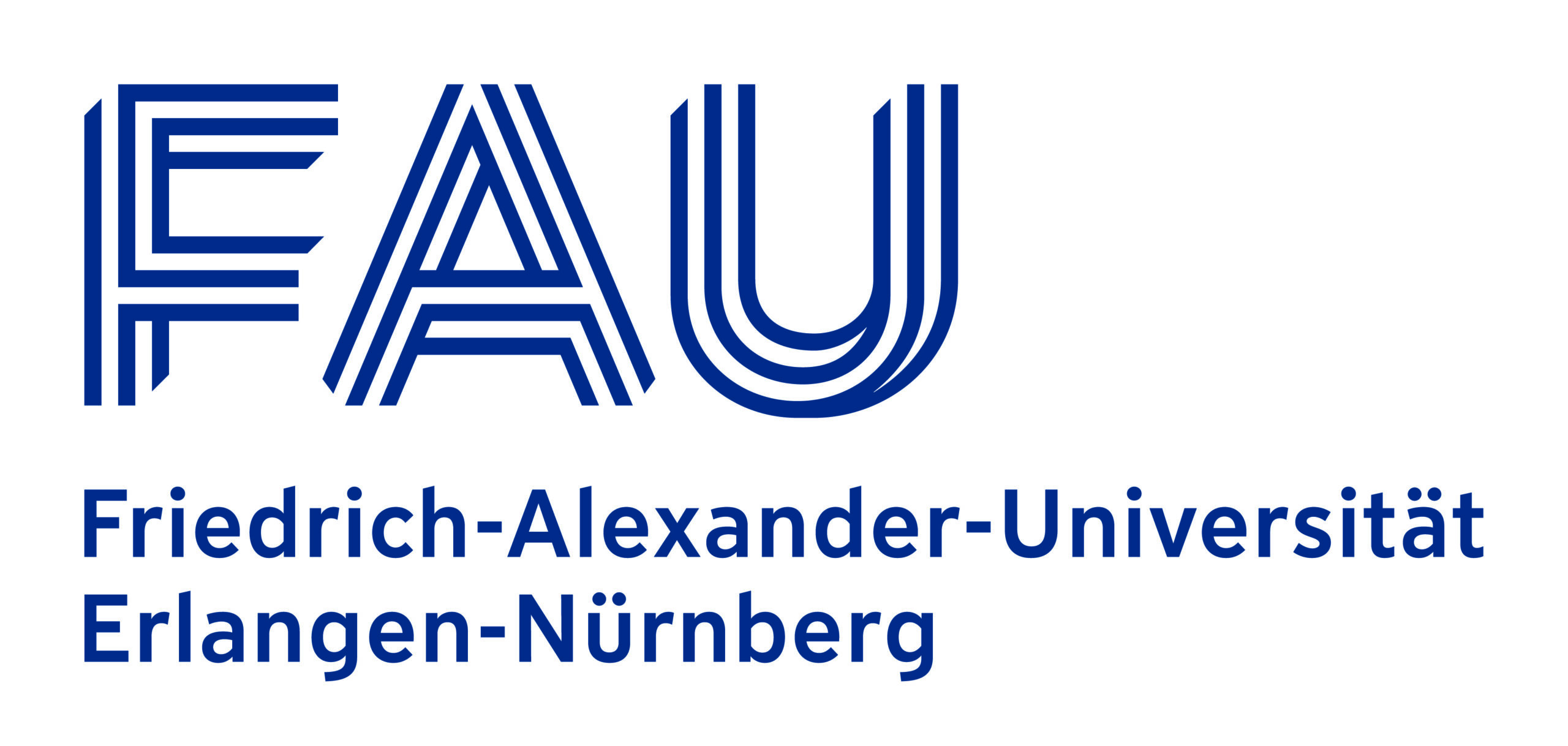
About
The first known sound recording of an animal was produced in 1889 by the German broadcaster and wildlife sound recordist Ludwig Koch, when he recorded a caged Common Shama thrush. It wasn’t, however, until the 1930s that animal sound recording started to flourish, with the development of recording technologies and techniques that facilitated proximity to wild animals.
As animal recordings and interest in them started to proliferate, wildlife sound archives emerged as new sites of specialist scientific data sets, primarily as repositories of recordings for bioacoustics research, which is the study of animal sounds, and as reference libraries for the identification of species by scientific taxonomists and wildlife enthusiasts.
These archives and their recordings are of contemporary relevance, from their commercial application in Apps, films, and computer games, to their ongoing use in ecological monitoring for environmental conservation. This research project investigates the emergence of a network of seven wildlife sound archives initiated in the mid 20th century across Europe and South Africa.
The primary objective of the project is to understand how this network of wildlife sound archives, and the sound recordings they are composed of, are produced and consumed across different social and cultural contexts.
Aims
The Networked through Sound project explores:

- The ethical and political contexts in which the archival network has been produced
- The circulation of sound recordings and technologies between the network of archives
- The historic and contemporary objectives of the archival network
- The utility of wildlife sound recordings to address contemporary environmental issues
- The generation of knowledge about the natural world through sound recording.
Team
Marie Duchêne is a doctoral researcher based at Friedrich-Alexander-Universität Erlangen-Nürnberg. As part of her doctorate, she will focus on hidden and marginalized forms of expertise within European wildlife sound archives. Marie holds an M.A. in Historical Urban Studies and was previously research associate at TU Berlin.
Prof Sandra Jasper is Professor of Geography and holds the Chair in Cultural Geography and Society-Environment Research at Friedrich-Alexander-Universität Erlangen-Nürnberg. Her research interests are in cultural, urban, and environmental geography with a particular focus on urban nature and biodiversity, wastelands and infrastructures, sonic geographies, and feminist theory. She is the Principal Investigator for the project’s German component.
Dr Jonathan Prior is a Senior Lecturer in Human Geography at Cardiff University. His research spans cultural geography, environmental philosophy, sound studies, and landscape research. He has published work on the geographies of sound and sonic perception; environmental aesthetics; and ecological restoration and rewilding strategies. He is the Principal Investigator for the project’s British component.
